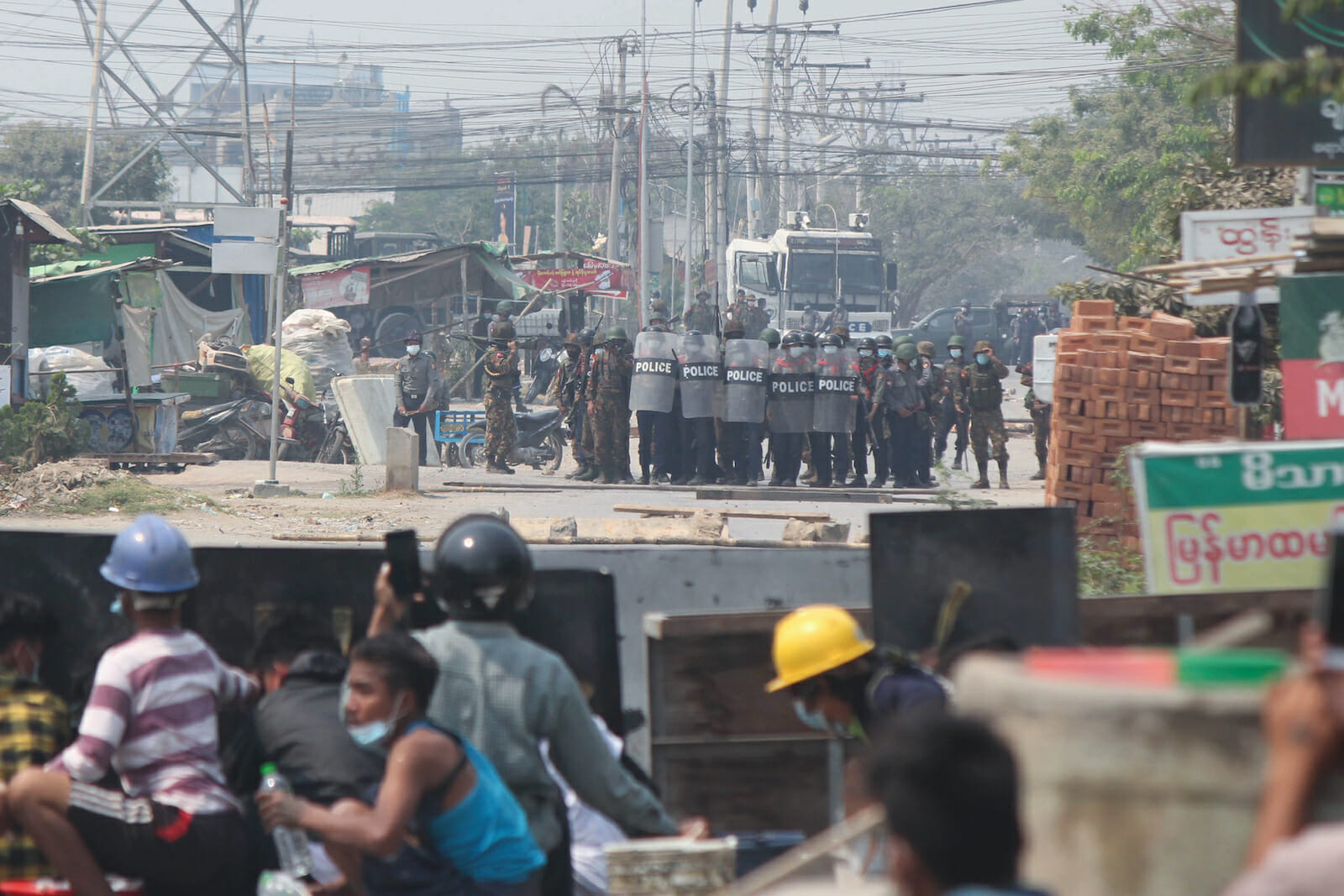
It’s not just Governments that Have Lessons to Learn from the Failures of Naive Intervention
Afghanistan. Iraq. Libya. All three serve as a profound testament to the law of unintended consequences. And with the recent chaotic scenes of Western retreat – after 20 years of a fruitless but costly war – Afghanistan is currently emblematic in the public mind of the dangers of foreign policy evangelism. But the other two could just as easily take the mantle.
Tony Blair and George W. Bush’s idealistic crusade in Iraq left half a million dead, millions displaced, and, eventually, a country riven by bands of Iranian-backed militias and proxies. The same impulses drove the UN-sponsored “humanitarian” intervention in Libya that similarly managed to overthrow a cruel dictator, but also to wreak havoc to the entire North African coastline, divide the country into two warring proxy entities, and resurrect slave markets for the first time in living memory. And this is putting aside the Syrian war, which well-meaning Western powers fomented by arming “moderates,” many of whom later turned out to be not-so.
Unlike in Iraq and Libya, the violent chaos in Syria didn’t succeed in the removal of the country’s cruel dictator. But, it did pave the way for ISIS to steamroll through Syria and then Iraq, crucifying, maiming, and burning on the way. Of course, in all these cases, rather than naive Western policymakers, it was Syrians, Iraqis, Libyans, Yazidis, Kurds, and countless other minorities, who paid the price.
In fact, the region’s spiraling chaos is precisely because of belligerent interventions borne of a liberal utopian worldview shorn of serious moral compromises. A view of the world that the rich and powerful have the wisdom to justly dictate to the less rich and powerful. That the enlightened might of Western powers makes right. And the gruesome result of this ideology of transformative internationalism is there for all to see.
Military intervention is but one way in which concerned Westerners have frustrated the interests of the very foreigners they seek to help. There is no paucity of foreign interventions, that though non-violent, have been short-sighted and counter-productive.
The Western sanctions against Iran aspired to reprimand the Revolutionary Guard and curb the regime’s nuclear ambitions. But instead mostly just immiserated ordinary people.
They also had the unintended but foreseeable result of providing an avenue for China – an even greater Western adversary – to strengthen its alliances. The Eastern hegemon capitalised on the sanctions by cutting a $400 billion energy-and-infrastructure deal with Iran. Russia also managed to acquire gainful stakes in the Venezuelan oil industry as a quid pro quo for undermining Western sanctions on the country. These same sanctions also backfired in allowing Nicolás Maduro’s unpopular authoritarian regime to redirect public discontent. Thus, time and time again Western powers inadvertently do the public relations for a callous government whose inept economic policy is almost entirely to blame for the country’s economic woes.
But it is not just Western governments that must take stock of the myriad ways naive interventionism has misfired. After all, it is very much journalists, charities, and other NGOs, many of them manipulated by hidden agendas of Western groups, that plays the pivotal role in shaping public opinion and driving ham-fisted foreign intervention.
Most recently, by penning a letter pressuring Erna Solberg, Norway’s prime minister, and King Harald V to intervene to prevent a Norwegian telecommunications company from selling its stake in Myanmar to a Middle-East-based group. The sale was precipitated by the recent military coup, which led the Norwegian state-controlled giant Telenor to sell so as not to taint itself by association with the junta.
Such NGOs have the misguided and unfounded belief that non-Western companies won’t provide the same privacy safeguards in the face of the military junta’s demands, that a Western company like Telenor would. Ignoring the xenophobic undertones, the letter embodies the same failure of mind so characteristic of Western interventionists in the past decades. The inability to discern intentions from consequences.
Of course, the aim of protecting privacy rights is noble-minded. However, the likely consequence of their imperious meddling? An operation with 20 million subscribers halting its operation or transferred to a local-based group.
But at least when that happens, the heads of NGOs will still be able to make their calls probably using the other operators.
In the world of medicine, practitioners have to first take the Hippocratic Oath- most famously “first, do no harm.”
How much better might our world be if everyone did?

